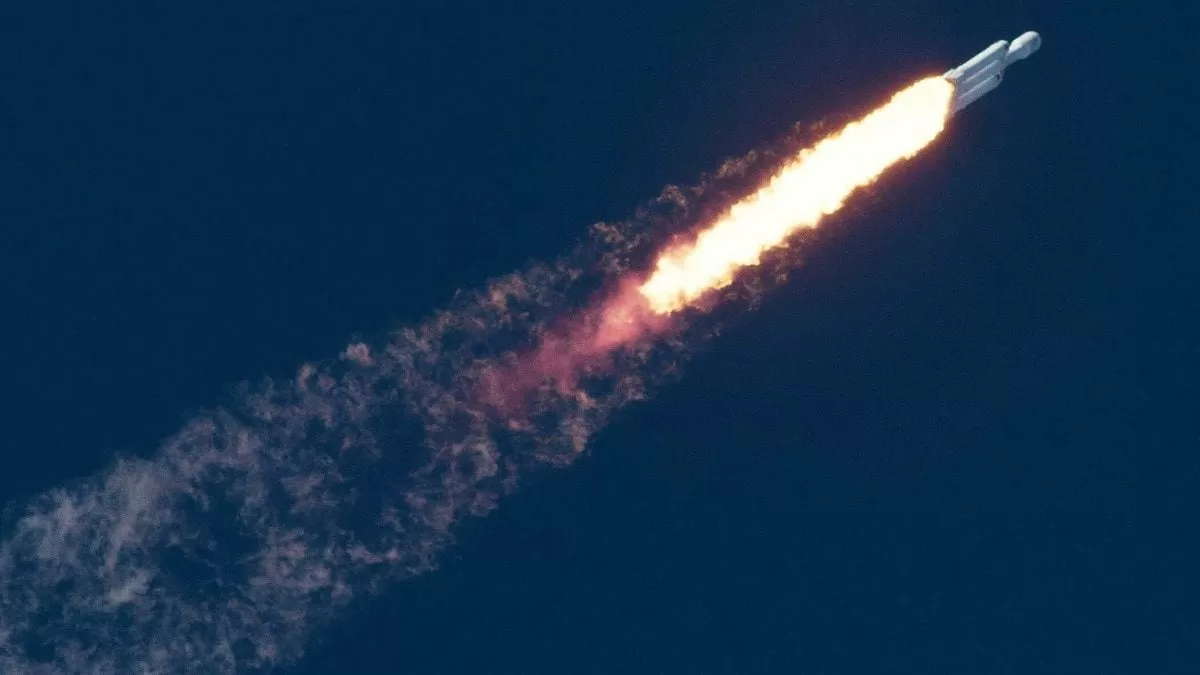A Growing Concern: The Impact of Rocket Launches on the Ozone Layer
In recent years, there has been a significant increase in the number of rocket launches around the world. From space exploration to satellite launches, these missions have become more frequent and ambitious. However, with this growth in the space industry comes a growing concern for the health of our planet. According to new scientific studies, the rising number of rocket launches may be compromising the recovery of the Earth’s ozone layer. This is a serious issue that demands immediate action from the space industry.
The ozone layer, a protective shield of gas in the Earth’s stratosphere, plays a crucial role in protecting us from the harmful ultraviolet rays of the sun. In the 1980s, it was discovered that human activities, particularly the use of chemicals like chlorofluorocarbons (CFCs), were depleting the ozone layer and causing a hole to form over Antarctica. This led to the signing of the Montreal Protocol in 1987, a landmark international agreement to ban the use of CFCs and other ozone-depleting substances.
Thanks to the Montreal Protocol and subsequent efforts, the ozone layer has shown signs of recovery in recent years. However, the increasing number of rocket launches could be undoing this progress. One of the main contributors to ozone depletion from rocket launches is chlorine, which is present in the propellants used to power the rockets. When these chemicals are released into the atmosphere, they can react with ozone molecules and break them down, leading to a decrease in the ozone layer’s thickness.
In addition to chlorine, soot and pollutants released during rocket launches and satellite re-entry can also have long-term environmental impacts. These emissions can not only harm the ozone layer but also contribute to air pollution, which has a detrimental effect on human health and the environment. Furthermore, the recent trend towards reusable rockets has raised concerns about the release of these pollutants multiple times, further exacerbating the problem.
It is clear that the space industry must take responsibility for its impact on the ozone layer and the environment as a whole. While some measures have been taken to address this issue, such as the use of less damaging fuels and the implementation of emission reduction technologies, more needs to be done. The space industry must prioritize finding innovative and sustainable solutions to reduce its impact on the ozone layer and the environment.
One way the space industry can address this issue is through regulation. Governments and international organizations must work together to set stricter regulations and guidelines for rocket launches, including limits on emissions and the use of more environmentally friendly fuels. These regulations should also apply to private space companies, as they play a significant role in the increasing number of rocket launches.
In addition to regulation, the space industry must also invest in research and development to find cleaner and more sustainable fuels for rocket launches. This could include the use of renewable energy sources, such as solar or hydrogen power, as well as the development of new propulsion technologies that produce fewer emissions. By investing in these innovations, the space industry can not only reduce its impact on the ozone layer but also pave the way for a more sustainable future in space exploration.
Furthermore, the space industry must also prioritize the proper disposal of satellites and space debris. When satellites reach the end of their lifespan, they often re-enter the Earth’s atmosphere, releasing pollutants and increasing the risk of collisions with other space objects. Proper disposal methods, such as controlled re-entry or retrieval and recycling, must be implemented to minimize the environmental impact of satellite re-entry.
It is encouraging to see that some space companies have already taken steps towards reducing their environmental impact. For instance, SpaceX has successfully launched and landed reusable rockets, while Blue Origin has pledged to use only sustainable fuels in its future rocket launches. However, more action is needed from the entire space industry to mitigate the impact of rocket launches on the ozone layer and the environment.
In conclusion, the growing number of rocket launches poses a significant threat to the recovery of the Earth’s ozone layer and the environment. It is crucial for the space industry to act now and take responsibility for its impact through regulation, innovation, and the use of cleaner fuels. As we continue to push the boundaries of space exploration, it is essential to remember our responsibility to protect our own planet. Let us work together to ensure a sustainable and healthy future for generations to come.

